Top 8 Tax Deductions for Photographers (2025)
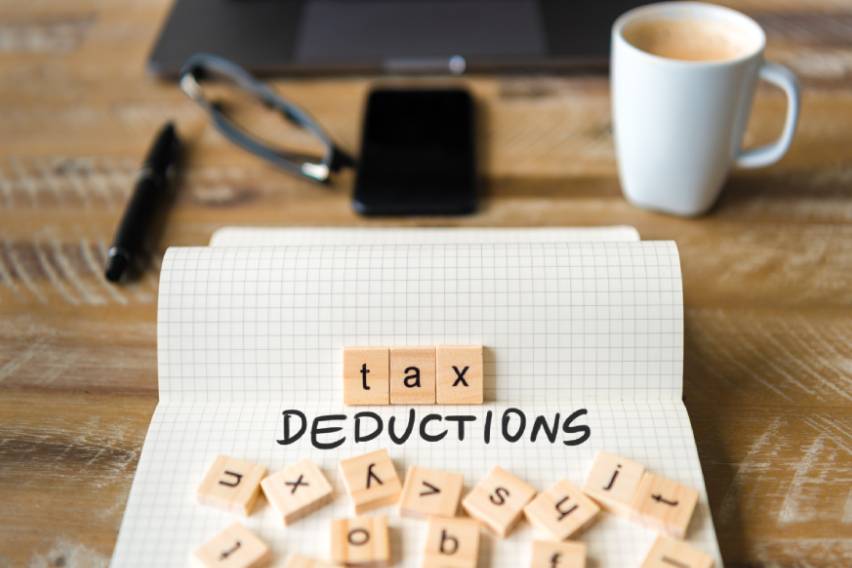
Keeping track of business expenses is a crucial piece of the tax preparation puzzle. Small business owners, including self-employed photographers, can benefit from claiming these upfront expenses on their annual tax returns in order to maximize their tax savings. In this post, we’ll offer insight into the business expenses you can’t afford to miss if you run your own photography business.
Whether you’re brand new to photography or a veteran, it’s important to take steps that improve your financial outlook and maximize tax breaks for your own business. By following a few best practices, you can grow your photography business by keeping more of your gross income after taxes, allowing you to reinvest in yourself in the form of equipment purchases, advertising, client outreach, and more.
So what are the top tax deductions for photographers? What business expenses can you claim in order to get tax deductions? And in general, how do you ensure this tax season will be as optimal as possible for your business? Let’s take a look.
Here’s What We’ll Cover:
- Top 8 Tax Write-offs for Photography Businesses
- Common Mistakes to Avoid
- Why Should I Take Advantage of Tax Deductions in My Photography Business?
- How to Prepare Your Tax Deductions
- Taxes for Photographers Made Simple
- Conclusion
- Frequently Asked Questions

Top 8 Tax Write-offs for Photography Businesses
If you own a photography business, there are numerous ways to take advantage of legal deductions according to the tax code. Many entrepreneurs and sole proprietors use form Schedule C to record these deductions. The list below includes some of the most common photographer tax deductions you can leverage when paying taxes.
You may want to create a photography business expense list to track every expense throughout the year. Accounting for each business expense will make completing your taxes much easier. FreshBooks offers free expense report templates that you can easily access.
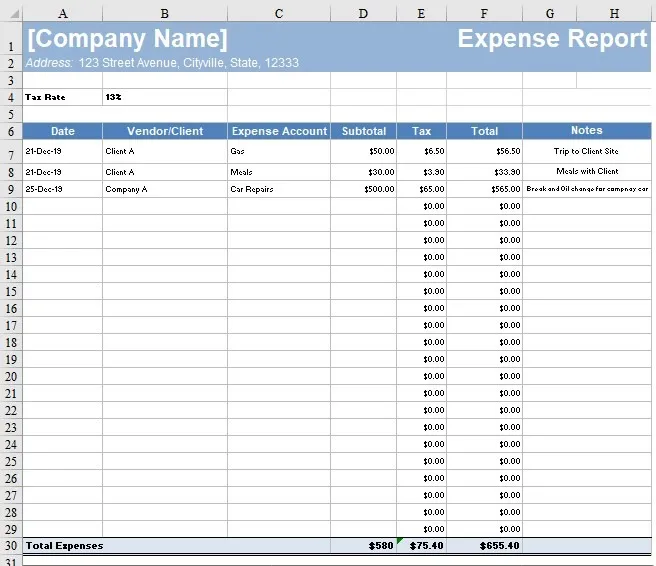
1. Photography Gear
As a photographer, you’ve likely invested in a significant amount of equipment to operate your normal business activities. From cameras, lenses, and photo editing software, to lighting and stands, you need a wide range of products to meet the needs of each project and client. Even simple equipment like camera bags and some office expenses can spell a few hundred dollars in tax deductions.
Many of these purchases are significant, and they can take up a good portion of a photographer’s overhead budget to maintain. While you should always make responsible purchases based on your business plan and level of revenue, you should also know that many of these investments are tax deductible.
2. Subcontractors and Second Shooters
Many photographers operate as single entities but may hire additional help for larger projects like weddings and other events. When you hire another photographer to help or assist you, the cost of that labor is often tax deductible. The second shooter typically serves in a freelance capacity rather than a full-time role.
The important thing to note is that the definitions for employment can be tricky when claiming tax write-offs. If you place any additional staff member on your payroll in a long-term capacity, be aware of how this could influence your abatements.
3. Insurance Costs
Insurance is a necessary expense if you want to protect your company from financial hardship. Photographers often insure different aspects of their business, including having a policy to protect the business itself. If you carry policies on your cameras and equipment or have other liability policies in place to protect against accidents and mishaps, these costs may be deductible.
Unfortunately, medical insurance is not included in the same category as business-related insurance.
4. Rental Equipment and Space
Based on the scope of photography work that you perform, you may choose to rent additional equipment for specific projects. Many people do this in order to avoid purchasing gear that will only be used a handful of times. In addition to equipment, you may also pay rental fees to access certain buildings, storage spaces, studios, or office spaces.
If you operate a home office, you can typically write off a portion of your rent as an expense. This is called a home office deduction. This is calculated by dividing the square footage of your home office space and storage space you use exclusively for business by the total square footage of your home. If you own the home, you can claim mortgage interest as a capital expense similarly. If you have a home office, this tax deduction is one you don’t want to miss.
Certain equipment rentals are essential to fulfilling work for your clients, so they are considered deductible. If, however, you’re renting equipment for your own projects or curiosity, you may not be able to claim the full deduction.
This underscores one of the most important things about tax-deductible expenses—necessity. Federal tax laws require that deductions are both recurring and essential to normal operations, and this goes for the home office deduction as well. It’s important to follow these guidelines when completing your taxes.
5. Training and Education Cost
As with many other industries, photographers can take advantage of the costs of training sessions, education, certifications, and other related expenses. This allows you to continually advance your skills both in photography and business. If you were to attend a workshop on a certain photography skill, for instance, you’d be able to deduct the cost of attendance, your travel expenses (e.g., fuel, car mileage, car insurance), and any costs of lodging you incurred to be there.
Tax deductions for training sessions and education are available in addition to education tax credits, which are granted to those enrolled in post-secondary education. This means that you can keep learning and improving while taking advantage of tax breaks at the same time.
6. Tax, Filing Fees, and Licensure Costs
In terms of business expenses, the category for “fees” can be incredibly broad. In this category, you might include items like:
- Property and sales tax fees
- Limited liability company (LLC) or corporate filing fees
- The cost of local business permits
- Dues paid to professional associations
- Professional certifications
- Copyright fees
- Professional or trade-related licenses
These are all expenses related to your profession that you would not otherwise need to sustain. Thus, they are all critical to upholding your professional certifications. You will want to claim these on your taxes.
7. Client-Related Travel Expenses
As a photographer, you might have a central location or studio space where you complete a good deal of work. But it’s likely that you also travel to a variety of client meetings and shoots that take place in different locations. If your work is travel-based, as in the case of wedding photography, you may travel long distances to get to your job sites.
Travel-related costs can add up throughout the year, especially when you include gas, airfare, mileage, car insurance, lodging, and meals. Fortunately, these expenses are considered tax deductible as long as you travel for reasons directly related to the needs of your business.
Local meetings with current and potential clients can also be included in your tax write-offs. Be sure to save receipts from restaurants and other businesses if you plan to use these abatements. Additionally, take advantage of mobile apps and automated mileage tracking software to monitor your mileage and transportation costs. Click here to get started.
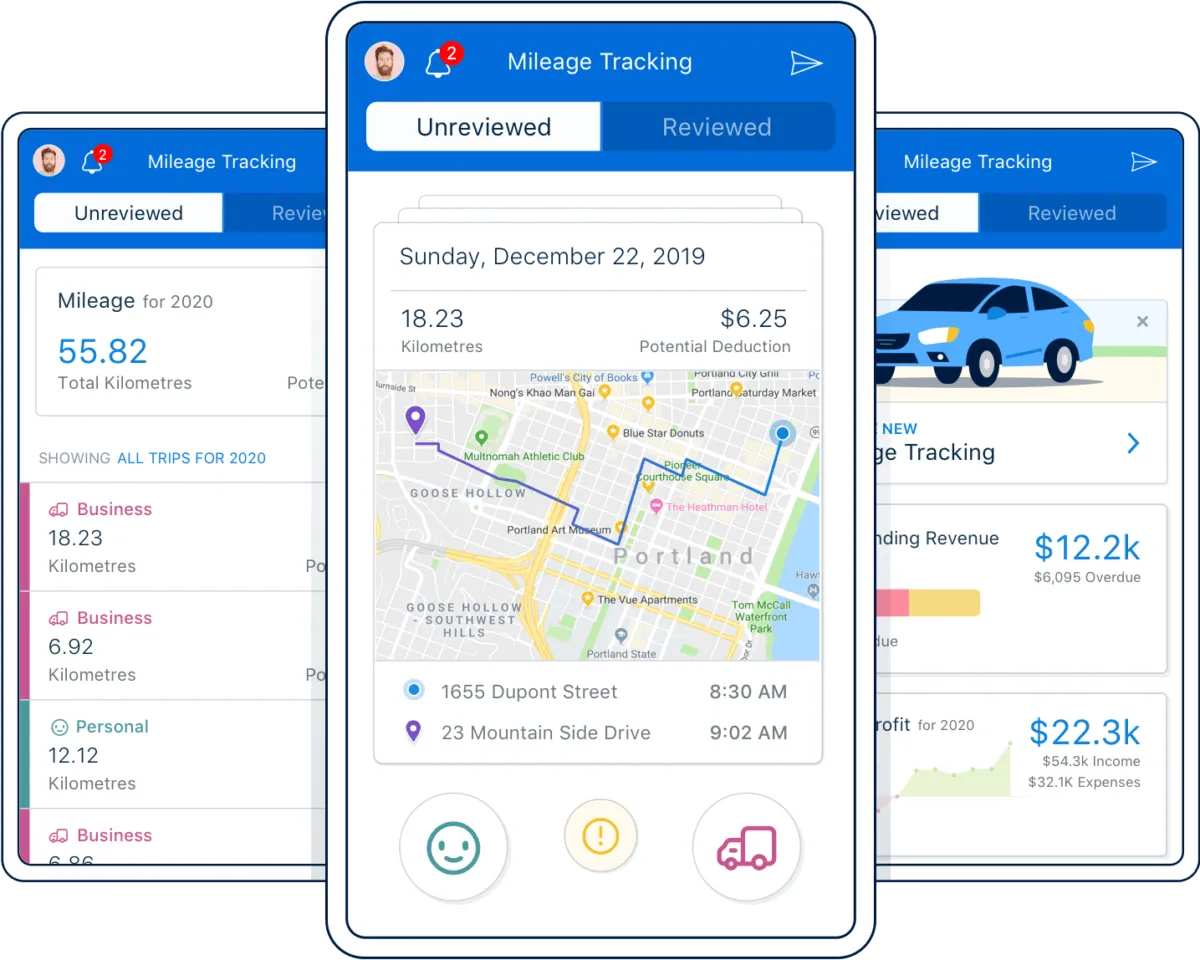
8. Interest on Debt
Depending on how you started your business or fund new purchases, you can usually offset the cost of your interest with deductions. This applies to the interest you pay on business credit cards, loans, and other forms of financing.
Be prepared to access your bank and financial statements to provide an accurate record of the amount of interest you’ve paid. The good news is this write-off can be a huge relief if you’re trying to overcome or pay down your business debts.

Common Mistakes to Avoid
Even though tax write-offs are important, it’s still easy to make mistakes. In many cases, business owners make errors simply because they’re not familiar with or confident in the process. Most business owners want to submit an honest and transparent tax return that meets IRS standards.
Here are a few tips for avoiding some of the most common errors when reporting your write-offs.
- Have a reliable system in place throughout the year. If you only plan for deductions when they’re due, you’ll not only be stressed, but you might also miss important benefits. Leveraging reliable and powerful accounting software like FreshBooks can help keep you organized year-round. Use this software to track expenses such as mileage, overhead, payroll, etc. Click here for your one-month free trial.
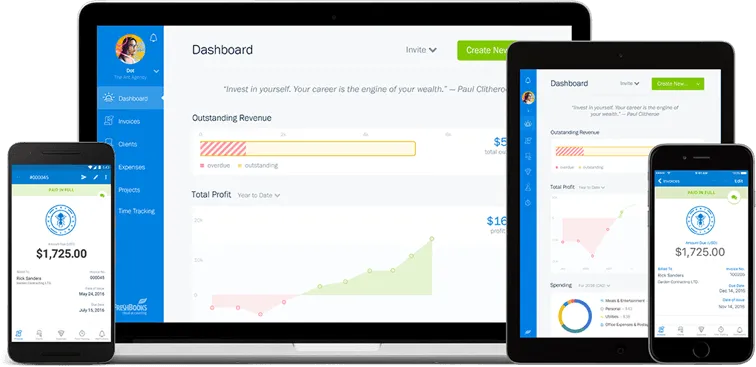
- Save paperwork and receipts. In a digital age, it’s easy to toss and lose track of small receipts and records. Although you might have the option to access some of these records digitally, don’t assume that you can always pull up what you need. A tax deduction can depend on documentation, so be careful when it comes to receipts and paperwork.
- Don’t wait until the last minute. The annual tax deadline is crunch time for everyone. Because of this, it’s best to plan ahead, especially if you know that your deductions are complex. A tax professional can spend more time on your situation if they have the proper documentation and plenty of time.
Why Should I Take Advantage of Tax Deductions in My Photography Business?
Tax deductions work by reducing the amount of taxable income that you report to the Internal Revenue Service or IRS. Creative tax deductions for small businesses, particularly photography business owners, should educate themselves on these tax deductions for capital expenses in order to reduce their total bill and liability on their taxes. By taking advantage of as many of the top tax deductions for photographers as possible, small business owners can put funding back into their pockets. This allows them to increase business savings and invest in new resources.
If you are a brand new business, you may not have as much cash on hand to cover a higher tax bill if your tax return requires one. To avoid incurring tax debt, look for every opportunity to save on your business costs come tax time.
How to Prepare Your Tax Deductions
It’s difficult to maximize your tax deductions if you try to pull things together right before your annual returns are due. In fact, the more that you can think about tax write-offs for any and all eligible expenses throughout the year, the better your business will be when tax time rolls around. The best way to maximize your savings for your photography business is to maintain an organized record of them over the course of the entire year.
But what are the top tax deductions to be aware of as an independent, professional photographer? Here are 8 to be aware of.
Taxes for Photographers Made Simple
Whether tax season is right around the corner or still months away, it’s never a bad time to start thinking about using deductions to your advantage. As a photography business owner, you have a multitude of options when it comes to claiming write-offs on your business tax returns. As you’ve learned from the list above, everything from equipment and software to mileage and advertising could provide relief.
Invest time into understanding how the tax process works for your photography business. If you have detailed questions, contact your professional financial advisor or CPA, who can provide guidance on which deductions to include and how to do so legally.
Conclusion
Being a small business owner isn’t always easy, particularly when maximizing your tax deductions. Photographers especially can incur a lot of upfront expenses in the form of equipment and other costs, which makes it all the more important to deduct expenses wherever possible when paying taxes.
With so many possible tax deductions for those who run their own photography business, in-depth knowledge will pay for itself in just a few short years.
FAQs on Tax Deductions for Photographers
Looking for more information on the top tax deductions for photographers? Here are some frequently asked questions on making the most of your tax return by claiming business expenses.
What expenses do photographers have?
Photographers incur many tax-deductible expenses. These include travel expenses to and from shoots, work cell phone bills, camera equipment purchases, photo editing software, and training and education. Professional photographers can also claim regular business use expenses like advertising, interest on debt, licensing costs, and filing fees on their taxes.
How much can I write off for a camera?
Capital expenses like cameras can be deducted from taxes by professional photographers. But how much can you write off? You can theoretically write off the entire value of your camera, but it should be at a value less than your photography business made that year.
Can you write off clothing for a photoshoot?
If the clothing or costumes you purchase are needed for a photo shoot, they will be considered a ‘prop’—a legitimate business expense that can be deducted from your taxes. However, you typically can’t deduct the clothes you wear as the photographer, except in particular cases.
Should a photographer be an LLC or sole proprietor?
The answer to this question depends greatly on the gross income that your photography business generates. If your business is very profitable, it might make sense to incorporate it as an LLC and pay yourself a salary in order to reduce your tax liability. However, most photographers will begin as sole proprietorships and may even remain that way depending on how much revenue their business generates in the following years.
More Useful Resources
Explore our diverse tax deduction guides catering to various niches. From small businesses to real estate agents, find valuable insights to optimize your tax savings.
About the author
Michelle Alexander is a CPA and implementation consultant for Artificial Intelligence-powered financial risk discovery technology. She has a Master's of Professional Accounting from the University of Saskatchewan, and has worked in external audit compliance and various finance roles for Government and Big 4. In her spare time you’ll find her traveling the world, shopping for antique jewelry, and painting watercolour floral arrangements.
RELATED ARTICLES


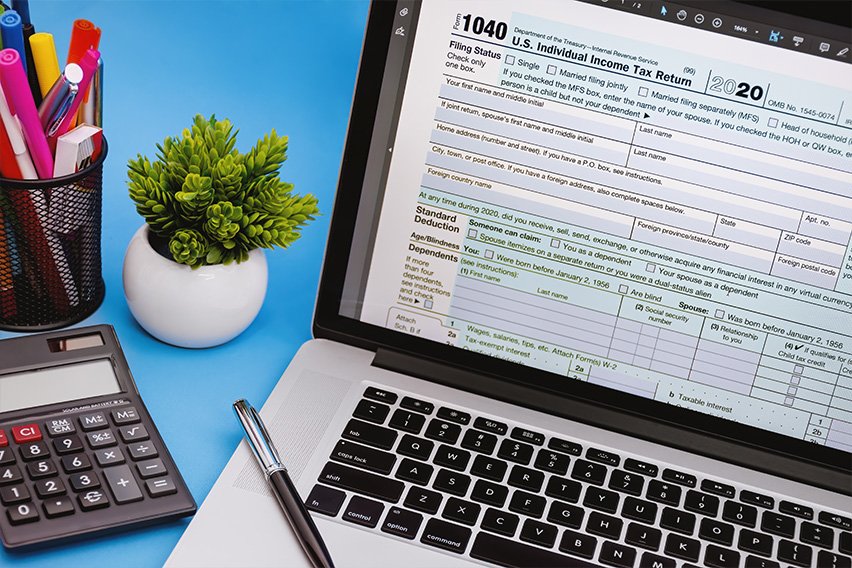 Real Estate Tax Deductions Every Business Should Know
Real Estate Tax Deductions Every Business Should Know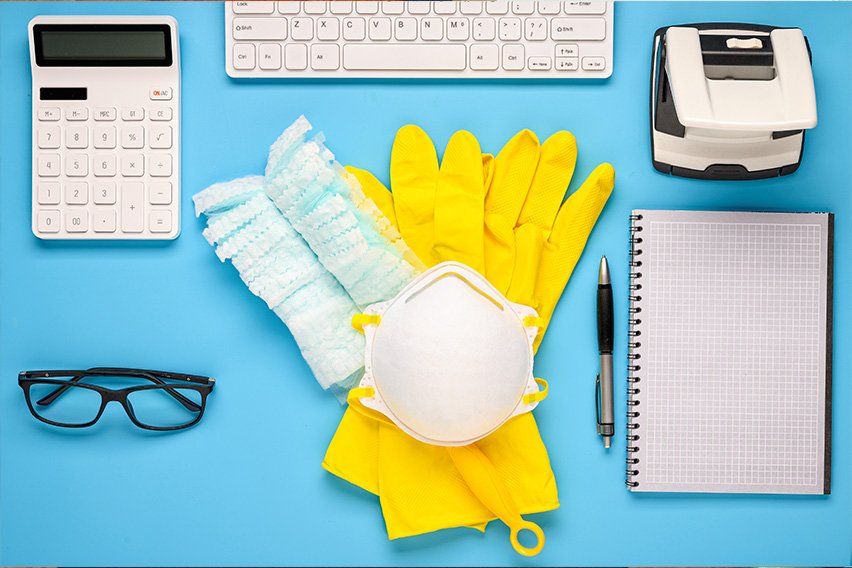 Tax Deductions for Cleaning Businesses
Tax Deductions for Cleaning Businesses Construction Tax Deductions for Builders and Contracting Businesses
Construction Tax Deductions for Builders and Contracting Businesses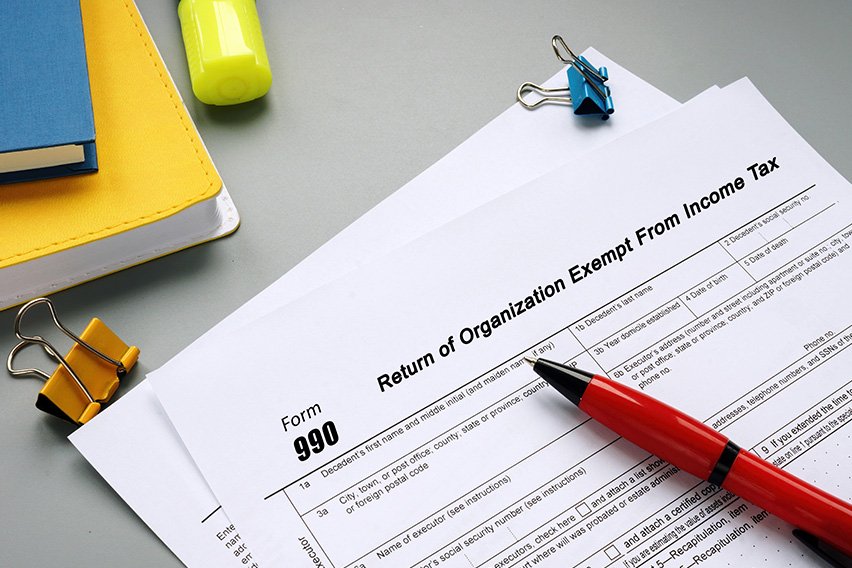 Nonprofit Tax Deductions for 501(c)(3) Organizations
Nonprofit Tax Deductions for 501(c)(3) Organizations Five Easy Ways to Tackle Tax Season When You're Self-Employed
Five Easy Ways to Tackle Tax Season When You're Self-Employed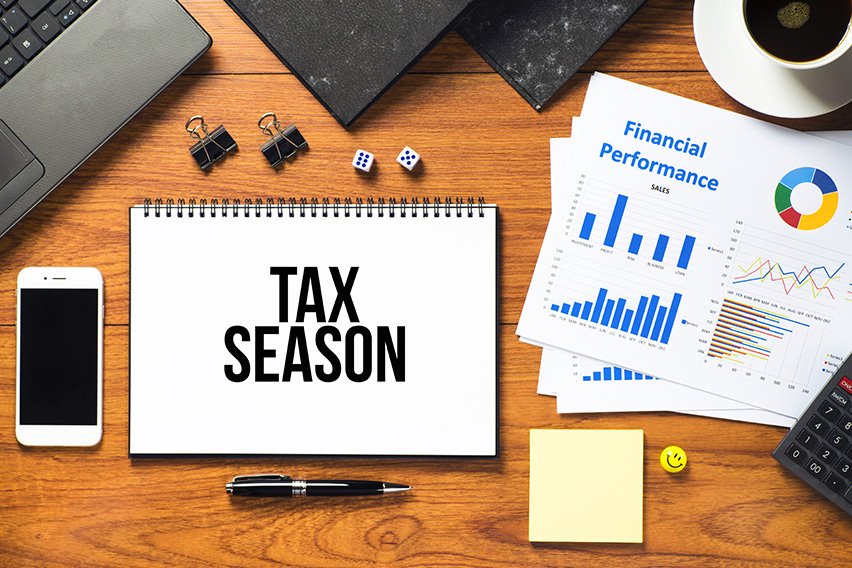 How the Self-Employed Can Prepare for Tax Season All Year Long
How the Self-Employed Can Prepare for Tax Season All Year Long